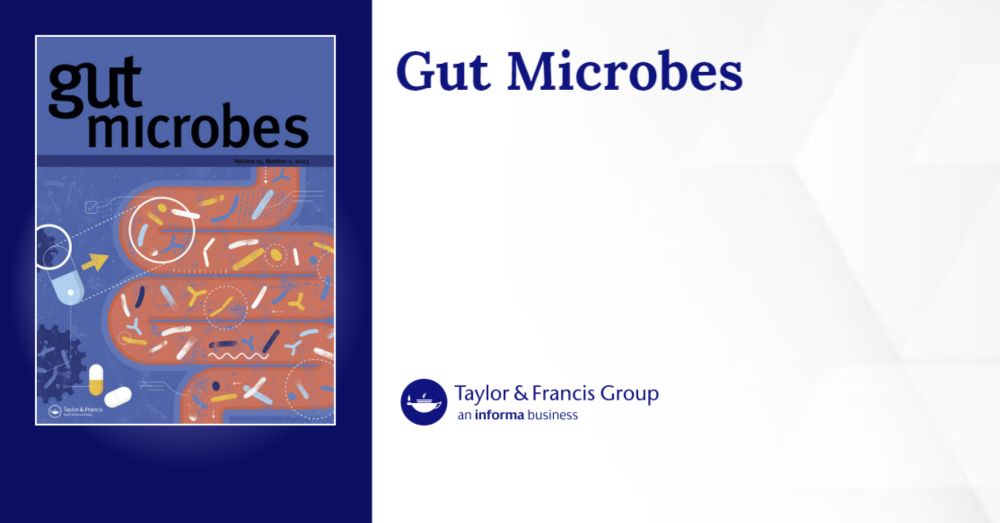www.tandfonline.com/doi/full/10....
Big thank you to all co-authors, particularly @lisalamberte.bsky.social and @halllab.bsky.social

Thank you once again to all co-authors, especially to @wvschaik.bsky.social and @halllab.bsky.social!
Large-scale culturing of the tree microbiome enables targeted disease suppression
Here's what we found... 👇
www.biorxiv.org/content/10.1...

Despite billions spent on flood control, floods worsen each year.
Why? Corruption—ghost projects and shoddy infrastructure. All for the profit of the corrupt networks of officials and contractors.
newsinfo.inquirer.net/2112650/tens...

Despite billions spent on flood control, floods worsen each year.
Why? Corruption—ghost projects and shoddy infrastructure. All for the profit of the corrupt networks of officials and contractors.
newsinfo.inquirer.net/2112650/tens...
More info:
www.birmingham.ac.uk/news/2025/wi...
www.birmingham.ac.uk/news/2025/wi...
Thank you once again to all co-authors, especially to @wvschaik.bsky.social and @halllab.bsky.social!
www.tandfonline.com/doi/full/10....
Big thank you to all co-authors, particularly @lisalamberte.bsky.social and @halllab.bsky.social

Thank you once again to all co-authors, especially to @wvschaik.bsky.social and @halllab.bsky.social!
‘Staphylococcus haemolyticus is a reservoir of antibiotic resistance genes in the preterm infant gut’
www.biorxiv.org/content/10.1...
/1


